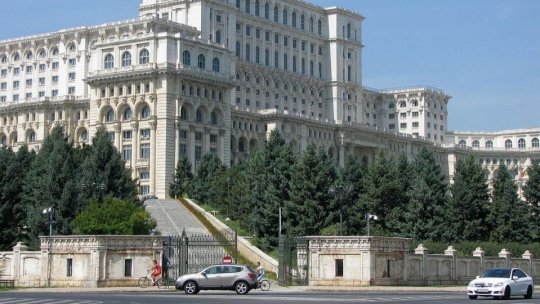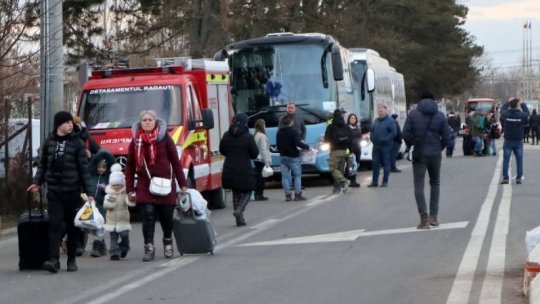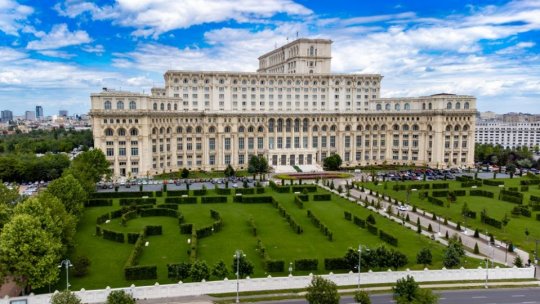Financial Press Review, 15 July
Articles from Bursa, Ziarul Financiar and Curierul Naţional.

Articol de Dinu Dragomirescu, 15 Iulie 2011, 18:01
Under the heading ‘Small and medium Enterprises show signs of recovery’, the Curierul Naţional recorded that compared to 2010 there was a slight improvement in business.
A contributing factor was that ‘the government provided a minimum of economic and budgetary stability.’ Meanwhile, ‘many entrepreneurs face financial problems, bureaucracy and corruption’, President of the National Council of Private Small and Medium Enterprises, Ovidiu Nicolescu stated to the newspaper.
"In turn, Prime Minister Emil Boc said that the Government aimed to simplify the administrative procedures for running a business, so that the average time to set up a company decreases from ten days now to three days, as recommended by the EU.’ The Ziarul Financiar commented in an article upon the letter sent to Prime Minister Emil Boc on 23 June by the European Commission President Jose Manuel Durao Barroso.
Resulting from the letter became public yesterday challenged the Commission's concern that The The letter that became public yesterday showed the Commission’s concern over Romania attracting only 3 percent of EU structural funds (overall)- over 19 billion euros in the financial period of 2007-2013, ‘as much as our whole loan from the IMF and the European Union’, the newspaper noted.
Romanian officials argued that the absorption rate was 12 percent. ‘Romania paid as a contribution to the EU budget required to integrate more than 4 billion Euros and got back 600 million Euros’, meaning ‘almost nothing’, according to the Ziarul Financiar.
Hence the title of the article: ‘Boc cut wages in Bucharest, but sponsored economies of Germany and France for not attracting European funds.’ ‘Development Minister Elena Udrea boasted the highest rate of absorption in the Regional Operational Program (...) but the program was largely stopped from the funding because of irregularities in the implementation of contracts’, the newspaper noted.
Under the heading ‘Agriculture must be transformed into a real source of national power’, the Bursa wrote in an article that ‘Romania was ranked the sixth in Europe as utilized agricultural area’, but ‘it imported 70 percent of the food.’ Our agriculture resembled the agriculture from the underdeveloped countries in Africa, Asia or South America. In the rural area there ruled a pre-capitalist conomy, with a few small modern islands.
The Ziarul Financiar also covered the topic under the title ‘Why agriculture is not financed.’ ‘The banks –the newspaper quoted Eugen Radulescu, director of the National Bank - are reluctant to lend to farmers because Romanian farmers have no guarantees, but also because the sector is still considered risky by bankers since the land status is uncertain and a part of the sector is still subject to taxation.’
In addition, ‘a financial literacy campaign to small farmers would help. Romanian farmers do not know to manage their financial risks’, the newspaper quoted Peter Rares, general manager of the Romanian Banking Institute.
The Ziarul Financiar published an article on assessing the implications of the Swiss franc by about 75 percent over the 2007-2008 levels. ‘The rise of the Swiss franc seems unstoppable, as yesterday it reached a new historic high at the NRB, and the news coming from the foreign analysts do not give any hope to those who choose to borrow this currency.’ The article’s title: ‘ING expects Franc to reach parity with euro. At Bucharest franc would climb to 3.9 lei.’
Translated by: Iulia Florescu
MA student, MTTLC, Bucharest University













